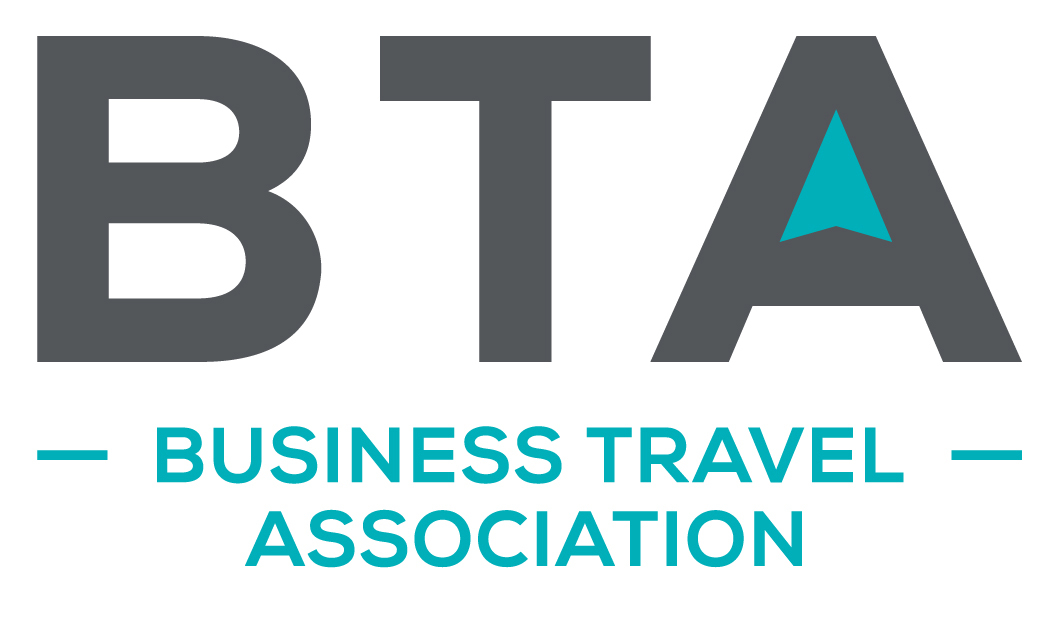Key Takeaways from the BTA Conference 2025
Our insights into the "Let's Get to Work" event in MunichEvery year, the Business Travel Association comes together to discuss & debate the biggest topics in the industry.
This year, Munich, located at the heart of Bavaria, hosted the event, which brought together travel managers, suppliers, TMCs, and innovators from across the industry. Gray Dawes were invited to experience the two-day conference and to share their unique insights into the ever-changing business travel landscape alongside their peers.
In this article, we give a rundown of all the key talking points, from rethinking what it means to be a business traveller in the modern world and the needs of the next generation to tackling the complexities of blended travel and the importance of new technology.

Redefining What it Means to be a Business Traveller
The conference’s core theme challenged one of the biggest misconceptions about business travel – it isn’t just about men and women dressed in suits flying from boardroom to boardroom. Today’s business traveller could just as easily be a nurse travelling to training, an engineer working on-site, or a charity worker meeting donors.
The debate centred around an industry-wide “image problem.” The suggestion was that TMCs and suppliers too often resorted to cliched images of suited professionals in airports or city skylines to portray business travel and that a more nuanced and inclusive representation – more reflective of the real-world – is needed.
It’s a debate which the BTA is passionate about. Back in July 2025, the association released a whitepaper titled “Beyond the Boardroom” which explored the topic in greater depth. You can check out the paper and read our comprehensive overview of the key points in our Beyond the Boardroom review.
What Does the Industry Need to Know About Gen Z Travellers?
While millennials currently make up the largest group of corporate travellers, Gen Z are hot on their heels. What’s more, this rising generation has markedly different expectations.
One of the major talking points was Gen Z’s status as the first-ever generation of digital natives and how this would shape their business travel. It’s a group that grew up with smartphones in their hands, and they bring that expectation of instant access and seamless usability into every part of their travel journey. They don’t want clunky booking systems, confusing approval processes, or multiple logins; they expect frictionless mobile tools that are as intuitive as the consumer apps they use every day.
But it isn’t just about convenience. Personalisation matters. Gen Z wants travel experiences that feel tailored to them, from receiving relevant hotel choices and travel recommendations, to being able to align trips with dietary needs, wellness priorities, or sustainability preferences. They are less likely to accept “one-size-fits-all” itineraries and more likely to choose employers and suppliers who recognise them as individuals.
Of course, Gen Z is not a homogenous group. Culture and values will vary from person to person, regardless of age, and its about how TMCs and suppliers can manage that while also evolving enough to stay relevant. In fact, we recently wrote an article exploring how Gen Z travel for business which you can read here.
How to Manage the Complexities of Blended Travel (or “Bleisure”)
One of the most well-attended workshops tackled the continued growth of bleisure travel, where business trips are extended (or blended) with leisure trips. The intention behind these initiatives is clear. It provides a better work-life balance, improves traveller wellbeing, increases job satisfaction, and, ultimately, helps companies retain employees. But the execution? That’s still a grey area for many organisations.
The ambiguity of implementing bleisure into travel programmes revolves around numerous key questions:
-
Can employees expense meals on leisure days?
-
Does the company’s duty of care still apply after the “business” part of the trip?
-
How should billing and insurance be handled?
The workshop called for companies to integrate bleisure into travel policies clearly and proactively, rather than leaving employees guessing. As The Business Travel Magazine noted, sectors like tech are embracing bleisure more readily, while more traditional industries are still cautious. Either way, it’s no longer a fringe issue, it’s mainstream.
Want to learn more about blended travel? We recently explored the growing trend and outlined everything organisations need to know.
Bringing More Humanity Into Business Travel
The panel made a compelling case for rebalancing the narrative. Travel is not just a line item on a budget; it is an experience lived by people – from employees to clients and local communities – each with stories worth sharing. By highlighting these human stories, organisations can connect on a far deeper level than cost savings or efficiency metrics ever could. It includes:
- Community impact: spotlighting trips that supported charity projects, disaster relief, or skills transfer in developing regions.
- Individual experiences: sharing testimonials from employees whose travel experiences helped them grow professionally, expand their horizons, or even overcome personal challenges.
- Purpose-driven initiatives: showcasing how a company’s travel policy supports sustainability or wellbeing, and how that makes a tangible difference in the lives of employees.

David Bishop, Chief Operating Officer
Technology & Innovation: AI and VR Leading the Way
Technology was another hot topic throughout the BTA Conference. AI is no longer “future tech”; it’s firmly part of today’s toolkit. The conversation has shifted away from speculation and toward practical implementation: How can businesses use it effectively to improve the traveller experience, streamline processes, and support smarter decision-making?
Panellists stressed that the focus shouldn’t be on adopting AI for its own sake, but on choosing the right applications that solve real problems. This includes the automation of routine tasks (e.g. itinerary changes or real-time disruption notifications), personalised recommendations tailored to an individual’s past preferences, and predictive insights such as forecasting costs, identifying travel patterns, or flagging risks before they materialise.
Alongside AI, Cvent delivered an engaging session on the rise of virtual reality (VR) in the events and conferencing space. Imagine putting on a headset and virtually walking through an exhibition hall, networking with other attendees, or sitting “front row” at a keynote, all from your home office.
There was no suggestion that virtual platforms will fully replace face-to-face events. Instead, VR offers a powerful complementary option. It expands accessibility to those unable to travel and reduces environmental impact by cutting unnecessary flights.
The BTA Conference in Munich, served as a good reminder that business travel is always evolving, driven by a combination of generational shifts, technological innovation, and a renewed focus on the human experience.
Generational change is reshaping expectations: millennials and Gen Z travellers demand seamless digital tools, personalisation, sustainability, and authenticity. They want travel to reflect their values and identity, challenging organisations to rethink traditional corporate travel policies and practices.
Additionally, technological disruption is redefining what’s possible. AI is streamlining administrative tasks, predicting risks, and enabling smarter travel decisions, while VR and other immersive technologies are expanding the ways we participate in events, trade shows, and networking opportunities. Businesses that embrace these technologies thoughtfully will not only enhance operational efficiency but also create richer, more engaging experiences for their travellers.
Equally important is the human element. From storytelling to emotional connection, there’s a growing recognition that business travel should foster relationships, purpose, and wellbeing, not just tick boxes on a spreadsheet. Sharing human stories, whether through charity initiatives, individual traveller experiences, or community impact, reminds us that at its core, this industry is about people.
As the industry continues to evolve, the message is clear. Organisations that embrace change and better represent the changing face of the business traveller, will be at the forefront of the future of business travel for years to come.
Related Articles
Travel Talks – Zakelijke reistrends 2026
In deze aflevering van onze bekroonde webinarserie Travel Talks bespreken David Bishop, Chief Operating Officer, en John Cooper, Group Marketing Director, hun verwachtingen over de ontwikkelingen die het beheer van zakelijk reizen in 2026 zullen beïnvloeden.
How to Build a Better Travel Policy in 2026
As business travel continues to evolve, travel policies must keep pace with new expectations and challenges. Learn how to build a smarter, more flexible travel policy for 2026 – one that balances cost control, compliance, sustainability goals, and a better traveller experience.
Londen: een gids voor zakenreizigers
Plant u een zakelijke reis naar Londen? Met deze gids maakt u op een toegankelijke manier kennis met een van de belangrijkste steden ter wereld voor handel, financiën en internationale samenwerking.
HOOFDKANTOOR
Molenwerf 24
Amsterdam, Nederland
BEL ONS
088-1201901
EMAIL ONS
ALTIJD BEREIKBAAR
Neem contact met ons op
Heeft u een vraag of wilt u meer informatie over onze diensten? Laat uw gegevens achter en één van onze medewerkers neemt zo snel mogelijk contact met u op.


